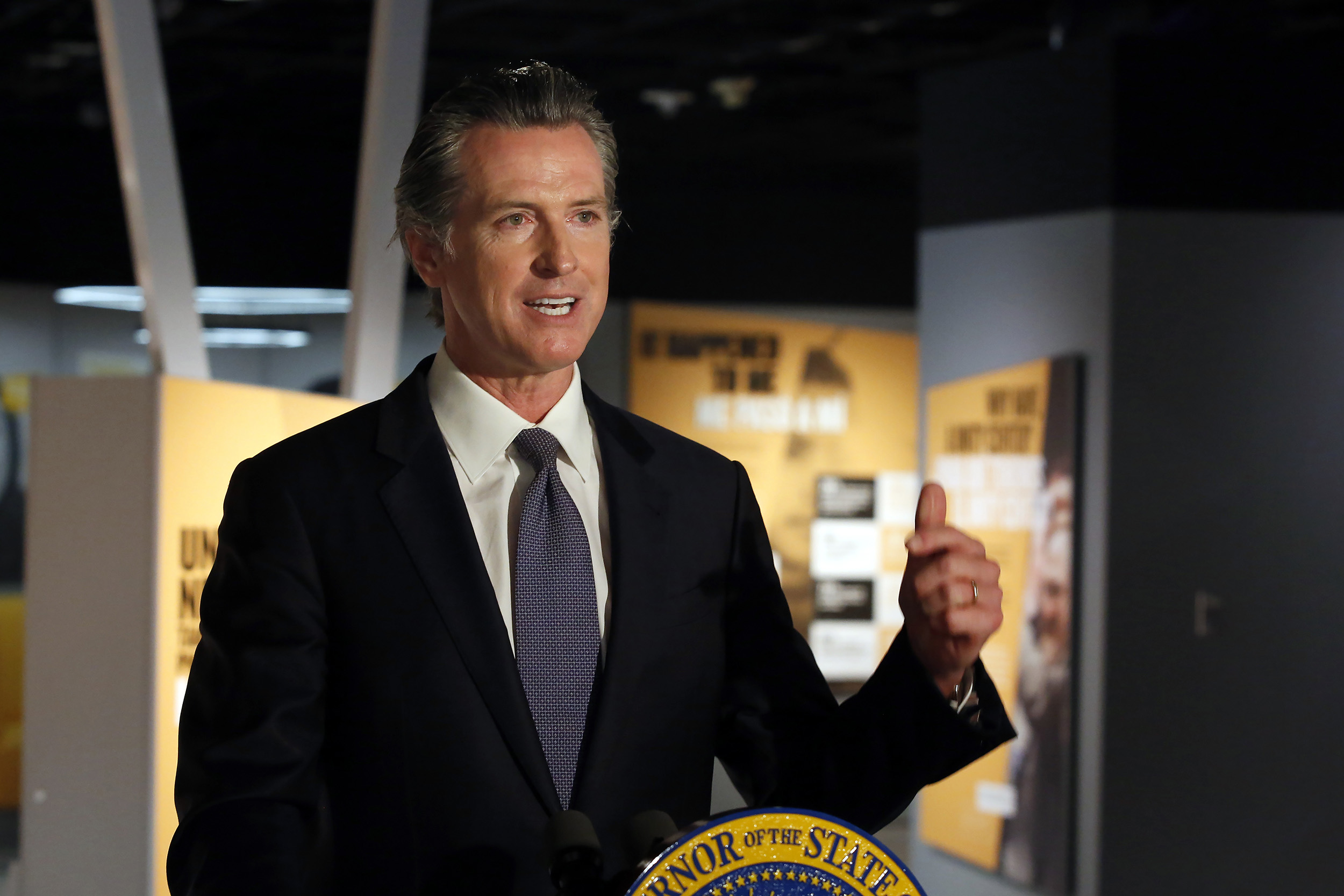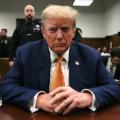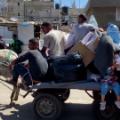Dounya Zayer, a woman who was shoved to the ground and concussed by police while protesting police brutality in New York City, spoke to CNN's Chris Cuomo about her experience.
Video captured by Zayer and bystanders show an officer pushing her to the ground.
Officer Vincent D'Andraia, 28, turned himself in at a police precinct in Brooklyn Tuesday morning. He faces charges of assault, criminal mischief, harassment and menacing, Brooklyn district attorney Erik Gonzalez said in a statement.
Zayer was in the street when the officer "told her to move," prosecutors said.
"As she asked why, the defendant allegedly smacked her cell phone out of her hand, and violently shoved her to the ground, according the investigation," prosecutors said. "She can be seen rolling on the street and into a curb. Meanwhile, the defendant and fellow officers can be seen to continue walking."
Zayer told Cuomo she "didn't know a concussion felt this awful."
"I haven't been able to hold down food I've been very nauseous. My head hurts and my back. But I'm alive and I'm grateful," Zayer told CNN's Chris Cuomo.
Why she was recording it all: Zayer said she started filming the demonstrations when she "could see that things were getting out of hand" and others were getting hurt.
"I knew that the recording was important, it's always important to record what's going on when these things are going on. I didn't think I would end up recording what happened to me in the process."
Will she protest again: When asked if she'd go out and protest when she healed, Zayer responded emotionally that she wants to, but part of her is afraid.
"I kind of ashamed to say I'm a little afraid now," she said, fighting back tears.
"It gets me very angry that they successfully made me quiet, that they successfully made me afraid to protests. I should not be afraid to protest," she said. "I'm too afraid to leave my house. I'm too afraid to drive, cause I'm afraid I'm going to get pulled over and they're going recognize me."
"Going to a protest? I want to so bad, but I don't know how I'm going to get to that point."
Watch:



